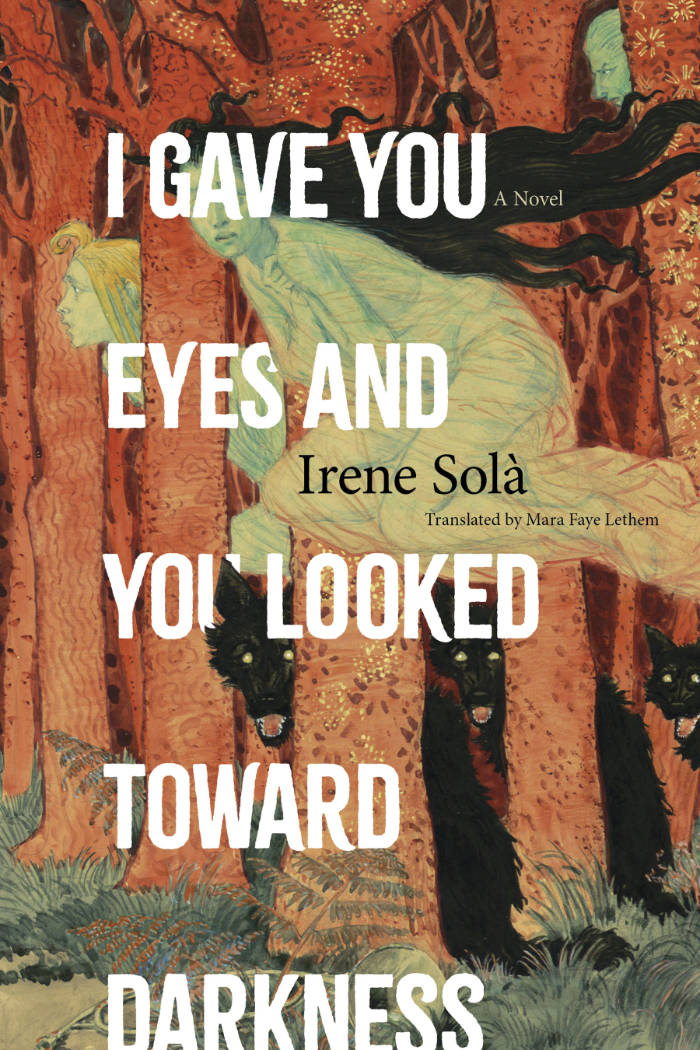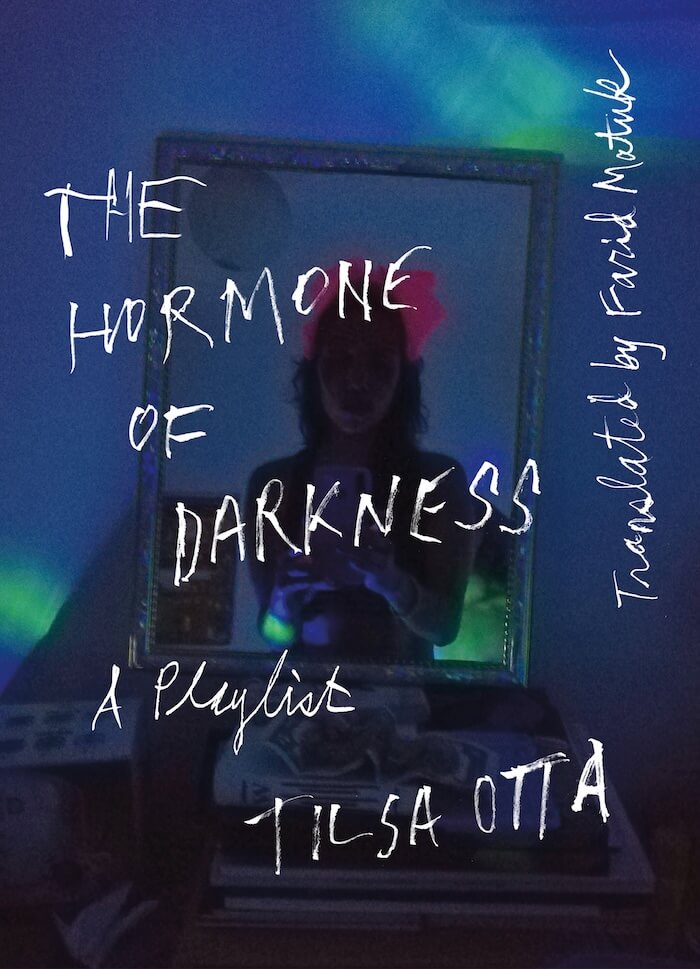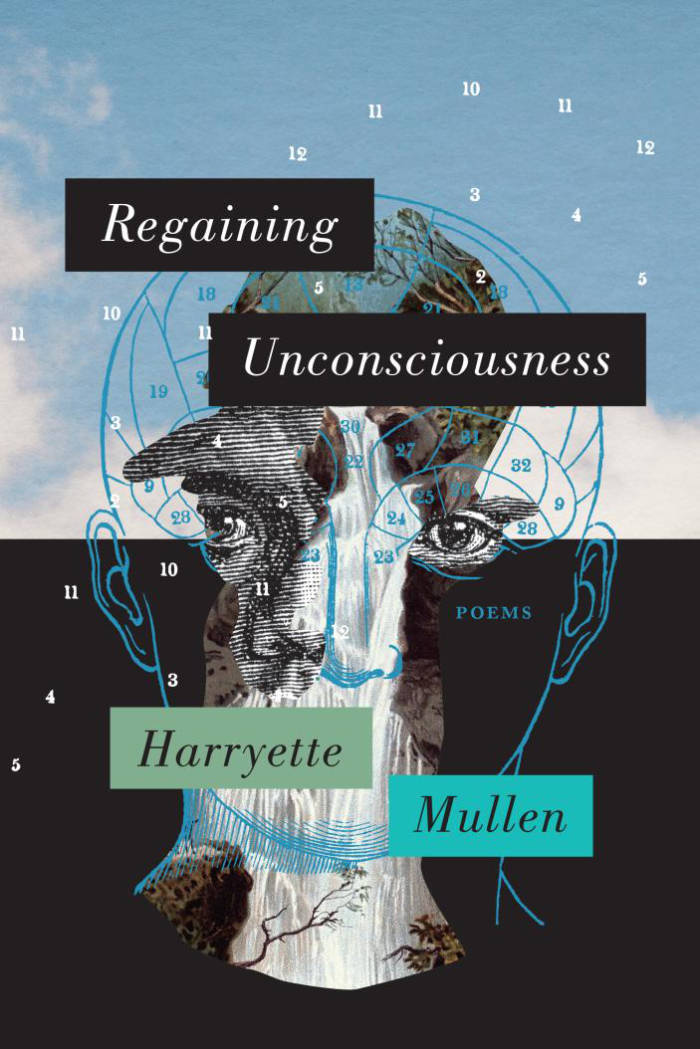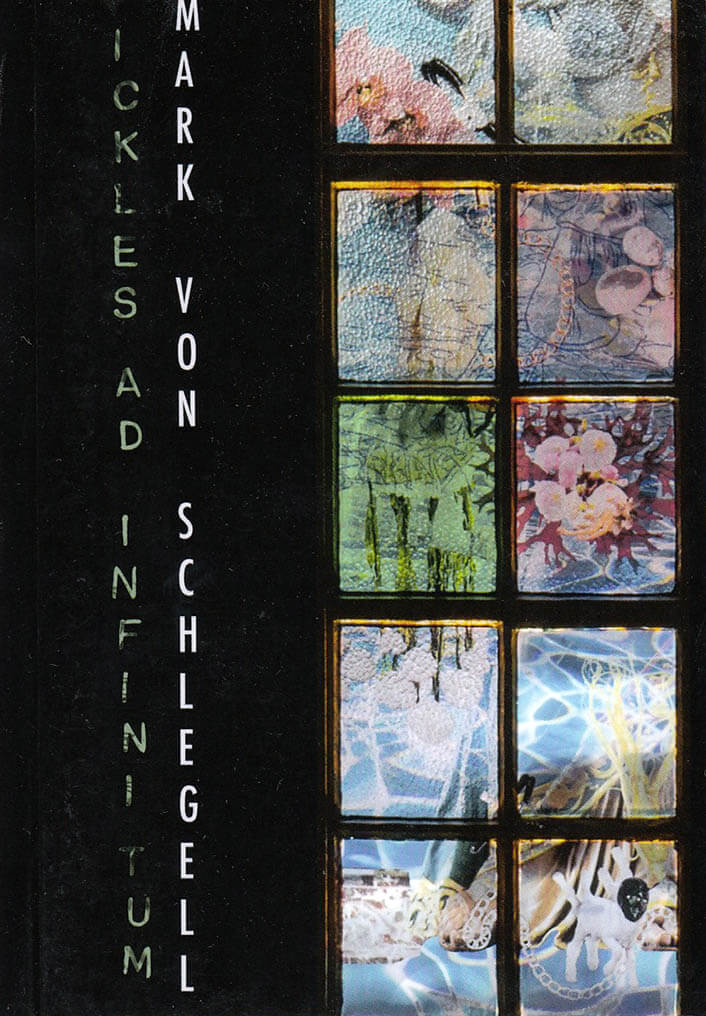
When I Sing, Mountains Dance
Near a village high in the Pyrenees, Domènec wanders across a ridge, fancying himself more a poet than a farmer, to "reel off his verses over on this side of the mountain." He gathers black chanterelles and attends to a troubled cow. And then storm clouds swell, full of electrifying power. Reckless, gleeful, they release their bolts of lightning, one of which strikes Domènec. He dies. The ghosts of seventeenth-century witches gather around him, taking up the chanterelles he'd harvested before going on their merry ways. So begins this novel that is as much about the mountains and the mushrooms as it is about the human dramas that unfold in their midst.







